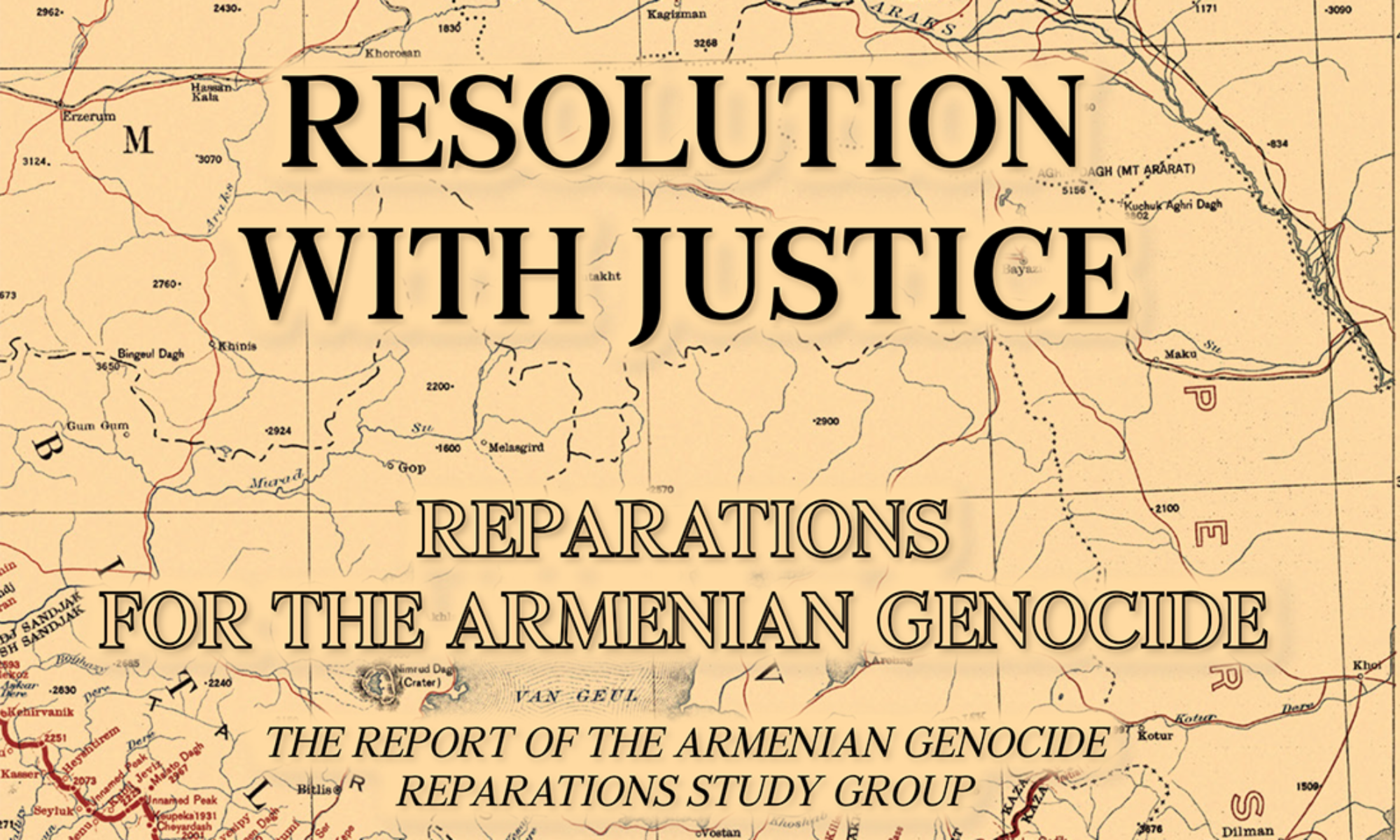After a two-year hiatus, the Armenians and Progressive Politics (APP) conference returned on September 26 and 27 in Greater Boston with the theme “The Road to Justice.”
The conference opened with a plenary session on Friday evening, September 26, featuring renowned scholar, activist and public intellectual Noam Chomsky in conversation with Alternative Radio’s David Barsamian. They discussed contemporary Turkish politics, social movements, religious minorities, and the Kurds.
On Saturday, one of the panels discussed reparations for the Armenian Genocide. Ümit Kurt from the Strassler Center for Holocaust and Genocide Studies at Clark University, attorney Edvin Minassian of the Armenian Bar Association, and Thomas Samuelian, dean at the American University of Armenia (AUA) in Yerevan, discussed the confiscation of Armenian property during the Genocide and demands for reparations and restitution for this crime against humanity. The panel was moderated by Henry Theriault, professor and chair of the philosophy department at Worcester State University and coordinator of the Armenian Genocide Reparations Study Group.
Kurt presented an overview of the meticulous process through which the Ottoman and then the Turkish state coded into law the complete dispossession of the Ottoman-Armenian citizenry, making every effort to seal every legal avenue within the Turkish justice system for Armenians to reclaim what had been termed “abandoned properties.” Kurt classified these legal maneuvers by the Kemalist government as phase two of the genocide.
Samuelian and Minassian discussed legal channels and strategies that might be pursued for reparations and restitution in Turkish and international courts.
Samuelian stressed that Armenians must also pursue reparations claims against all countries and entities that benefitted from the genocide and continue to benefit today. He also argued that reparations should not be tied to or come after genocide recognition—as they are two separate processes that can run parallel. He also discussed the significance of the church claims, as the Armenian church was the biggest landowner.
Minassian focused on specific legal cases, such as the California insurance case, and the complications resulting from the court declaring that that the case could not proceed because the U.S. government has not officially recognized the genocide.
The conference was organized by the Armenian Revolutionary Federation (ARF) Eastern Region USA, and co-sponsored by Alternative Radio, and the MIT Armenian Society. For additional details, visit www.armenianprogressive.com.

